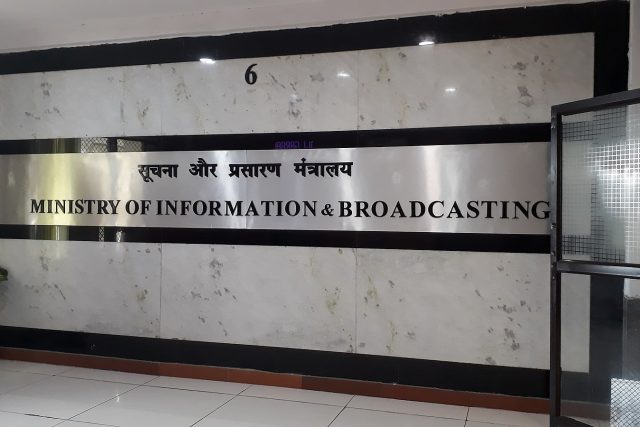The Editors Guild of India (EGI) on Monday, issued statement on X (formerly known as Twitter), expressing concerns over the draft Broadcasting Services Regulation Bill, stating that the provisions of the bill would lead to an overarching censorship framework for broadcasting services, imcluding the news broadcasting.The statements were issued by theEGI after the Ministry of Information and Broadcasting (MIB) invited comments on the concerned bill posted by the MIB on November 10, 2023. According to EGI’s statement, the primary concerns with the proposed bill included the central government’s power to monitor the content and block it and the government’s authority to prohibit transmission of content on “vague” grounds and a “system of self regulation that allows govt great control”. The post also stated:Since the bill will cover all broadcasting services, including news broadcasting, and also extend the regulatory framework to cover digital news platform, the Guild is concerned that the bill will therefore be adverse to the spirit of freedom of speech and freedom of press guaranteed by the constitution.Currently the MIB regulates regulates the cable TV operators and TV channels through the Cable Television Networks Regulation Act of 1995 (CTN Act). The Broadcasting Regulation bill seeks to replace the three-decade-old CTN Act and seeks to broaden the MIB’s regulatory framework including over-the-top (OTT) and digital news platforms along with TV channels and FM radio besides distribution platforms like cable TV, direct to home (DTH), Internet Protocol Television (IPTV), and headend in the sky (HITS). However, the proposed bill will not cover social media intermediaries as it is already specified under the Information Technology Act, 2000.The Internet Freedom Foundation issued concerns with respect to the bill on its website. With respect to the regulatory coverage of the OTT platforms, it stated:….Here, we must recall MIB’s historical baggage with respect to its conventional regulation of traditional forms of media. It has administered both licensing and content censorship powers over radio, cinema, and television broadcasting, specifically through laws such as the Cinematograph Act and the Cable Act…the Broadcasting Bill, which seeks to envelope “OTT” broadcasting under the regulatory umbrella for radio and tv, must be examined while keeping in mind MIB’s institutional history of regulation and censorship.The Indian government has been working to regulate the internet, journalism and entertainment recently with the Digital Protection Act, Telecommunication Act and the the Broadcasting Services Regulation Bill. India ranked 161 out of 180 countries in the World Press Freedom Index in 2023 published by Reporters Without Borders.



The Most Read
Сryptocurrencies
Bitcoin and Altcoins Trading Near Make-or-Break Levels
Financial crimes
Thieves targeted crypto execs and threatened their families in wide-ranging scheme
Financial crimes
Visa Warning: Hackers Ramp Up Card Stealing Attacks At Gas Stations
News
Capitalism is having an identity crisis – but it is still the best system
Uncategorized
The 73-year-old Vietnamese refugee is responsible for bringing Sriracha to American consumers
Uncategorized
Electric Truckmaker Rivian, Backed By Amazon, Ford, Raises Whopping $1.3 Billion